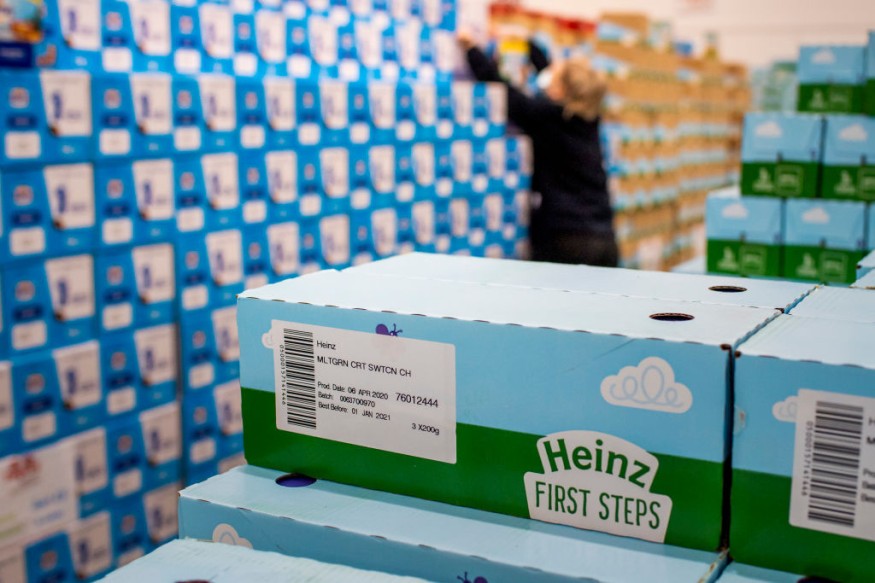
Recently, a report saying that top baby foods in the market contain heavy metals harmful to your infants in the long run. However, the company behind the brands was asked to undergo an investigation regarding the heavy metal components of their product.
Heavy metals are deemed dangerous, which is accurate, and you might be considering changing your baby's food.
According to Leentech, heavy metal refers to any metallic chemical with a moderately high density and is poisonous at low concentrations. They add that some heavy metals are essential in maintaining the metabolism of the human body. However, again, at high concentration, they can still lead to toxicity.
Read also : Tips for Making Organic Baby Food Puree
How do they get to the food?
Good Housekeeping shares that the recent congressional report states that heavy metals are allegedly added to baby foods, but they explained that there are factors why heavy metals get to the food your infant will consume.
In an interview with Good Housekeeping, Megan Meyer, Ph.D. from the International Food Information Center, shares that heavy metals like lead, cadmium, arsenic, and mercury, naturally occurs in the water, soil, and air. She explains that they naturally enter the food while the crops grow and are not added to food.
Since the heavy metals naturally occur in Yahoo! Style notes, the report points out that the US. Food and Drug Administration (FDA) did not set levels for the maximum amount of toxic heavy metals acceptable or allowed to be present in baby food. They add that regulations testing around heavy metals in baby foods is not yet fully established.
HealthyChildren.org from the American Academy of Pediatrics notes that the low levels of heavy metals found in baby foods are a relatively small part of the child's overall heavy metal exposure risk. However, they also note that exposures from all levels should be minimized because they can still be harmful to the infants' developing brain.
How can you minimize heavy metal exposure?
Although you might think that switching to organic baby foods will spare you from the heavy metals, you are wrong. Dr. Meyer shares with Good Housekeeping that, as per the American Academy of Pediatrics, organic baby food still contains the same level of heavy metals since they occur naturally in the environment.
EWG's Children's Health Initiative notes that limiting infants' exposure to rice and rice cereals will help you mitigate their exposure to arsenic, which is harmful to them.
They add that substituting it with pureed greens and vegetables may be a better option. Yahoo! Style also adds that limiting fruit juices is also advisable since they usually contain high sugar levels.
If you have no other options but rice to feed your baby, Yahoo! Style notes that parboiling the rice or replacing the water that boiled in the rice lessens the food's arsenic content.
Good Housekeeping also notes that including a variety of grains in your baby's diet is also beneficial. Heavy metals may not be wholly eradicated in the baby food but abiding by these methods will reduce their toxicity exposure.
Related article : Making Your Own Baby Food Can Save You Bucks and Add Nutritional Benefits for Your Baby









